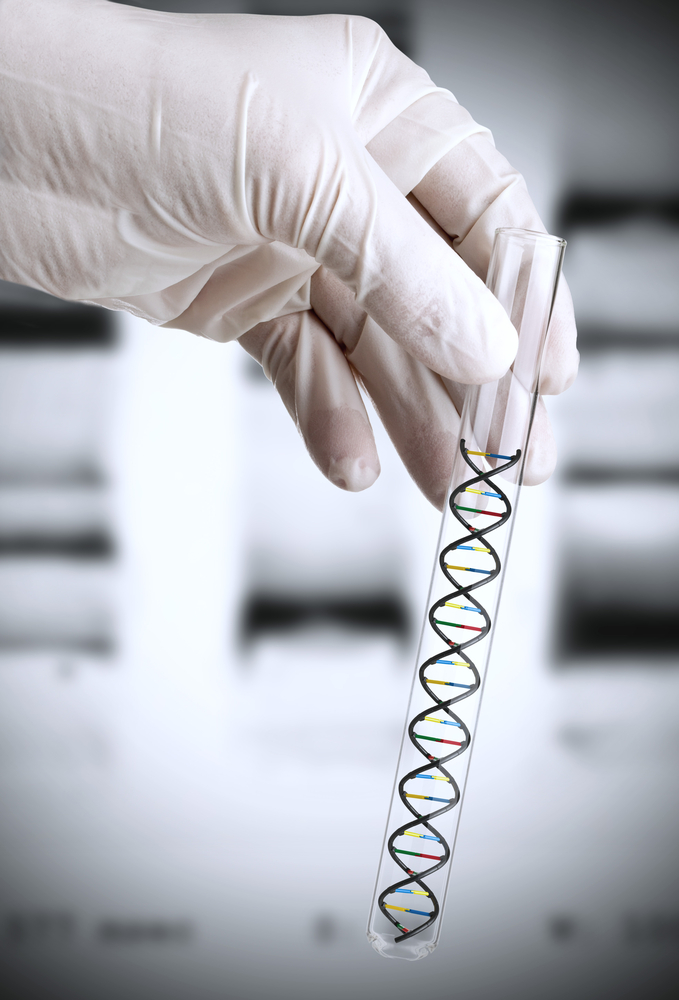New ALS Gene Variants Identified, Many in People with Sporadic Disease

Researchers have identified several new variants in genes associated with amyotrophic lateral sclerosis (ALS), many in patients with no history of the disease in their family.
The study, “Rare Variants In Neurodegeneration Associated Genes Revealed By Targeted Panel Sequencing In A German ALS Cohort,” was published in the journal Frontiers in Molecular Neuroscience.
About 10 percent of all ALS cases are considered to be familial, that is, inherited from a person’s parents. The remaining are considered to be sporadic, or non-inherited, ALS.
Since the discovery that mutations in the SOD1 gene can lead to ALS, researchers have tried to identify other genes that may be implicated in this disease. Currently, more than 30 genes have been confirmed as being associated with ALS, mostly in cases of familial ALS.
Researchers used blood samples to analyze the genetic profile of 80 German ALS patients, a majority of whom had sporadic disease (92.5 percent). The analysis included confirmed ALS genes and candidate genes, as well as genes associated with other neurodegenerative diseases.
Results showed that 54 rare variants were found in 48 patients (60 percent) in known ALS genes and possible candidate genes, risk factors, and disease modifiers (genes that influence the way a disease develops).
The team also looked at the length of the C9orf72 gene, one of the most frequently affected genes in familial ALS, to analyze whether its repeat expansion (abnormal repetitions of a portion of DNA within the sequence of the gene) might be seen in people with non-familial disease. Five sporadic ALS patients had pathogenic C9orf72 repeat expansions, while four others carried intermediate length repeat expansions. Together, these results show that variations in known or candidate ALS genes are not exclusively hereditary, and can sporadically occur as well.
In addition, 15 patients had at least two rare potentially pathogenic variants in ALS associated genes, four of which also had pathogenic or intermediate C9orf72 repeat expansions. The presence of more than one gene variation can profoundly affect disease severity and progression in ALS patients.
Genes associated with other neurological diseases were found in 12 patients, supporting the idea that ALS shares common molecular pathways with other neurodegenerative disorders.
“Our cohort enabled us to evaluate the hypotheses that ALS is of complex genetic origin,” the researchers wrote. “According to this hypothesis, numerous variants have some degree of influence on the clinical [outcome] caused by the pathogenic mutation. We did in fact identify patients carrying variants in more than one ALS-associated gene. In contrast to other studies, however, our results do not show that patients with multiple variants have an earlier age of onset.”
They believe that this type of analysis, and the detection of multiple variants in a patient, may provide more accurate information of likely disease progression or severity.
“Our results are of immediate relevance for clinical genetics as we recommend that genetic testing in German patients should be offered not only to those with familial ALS but also to those with apparently sporadic ALS,” the researchers wrote. “We propose a two-stage strategy starting with a C9orf72 repeat analysis, followed by comprehensive gene panel sequencing if C9orf72 is negative.”






